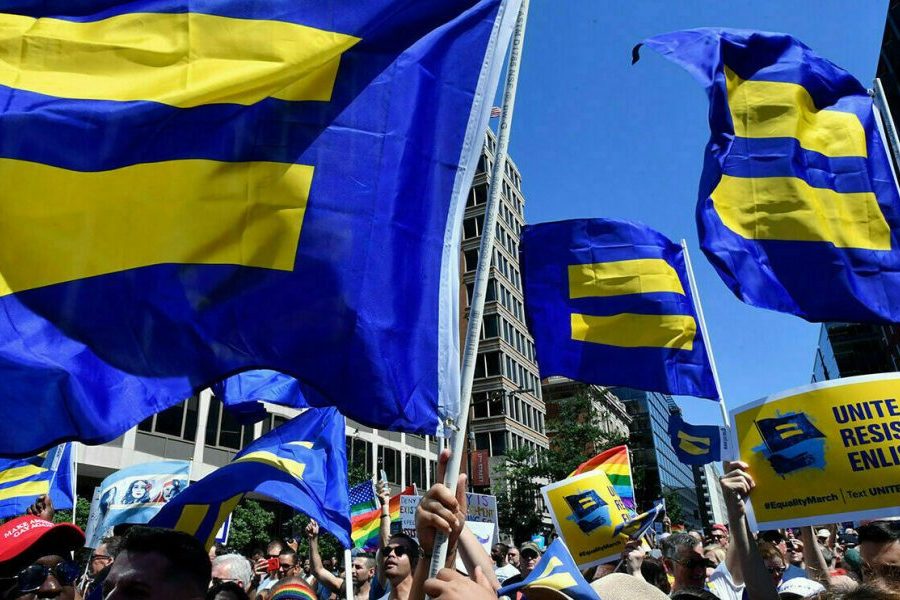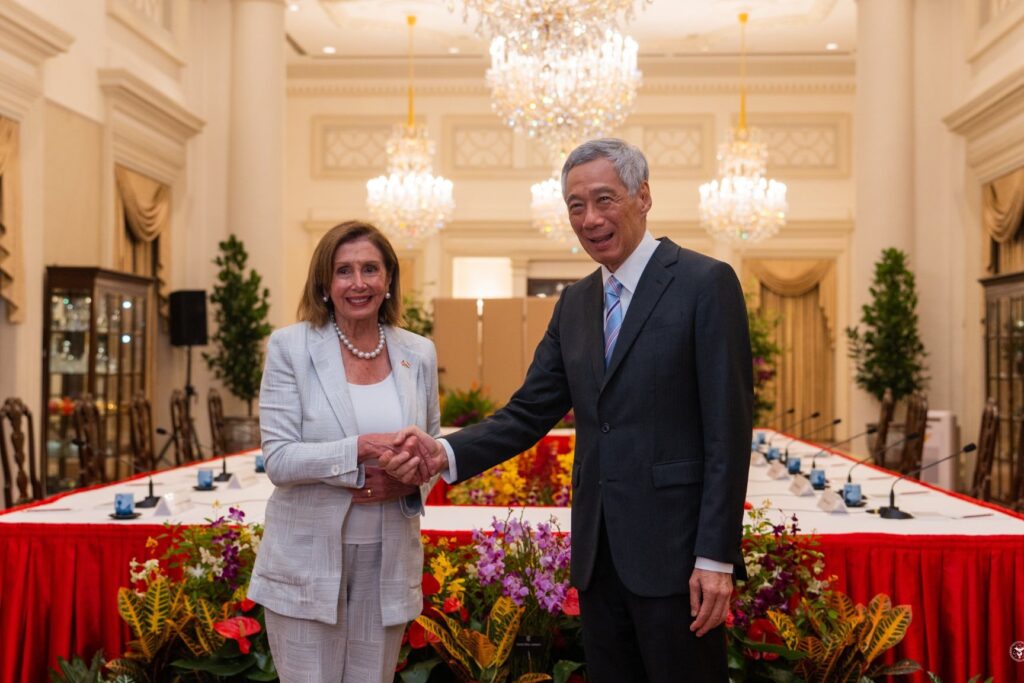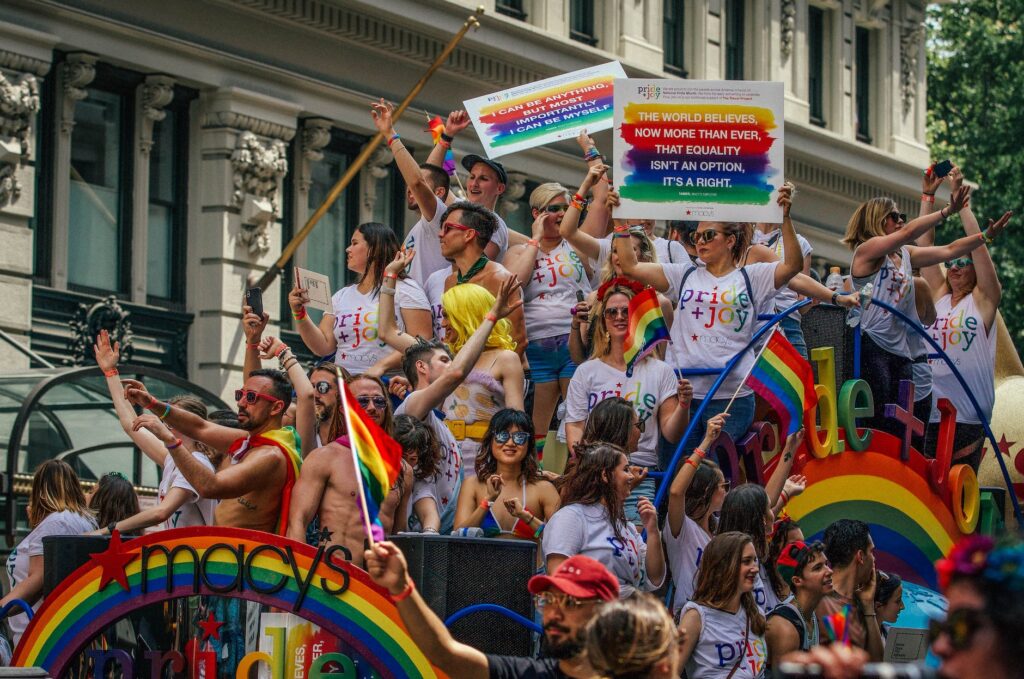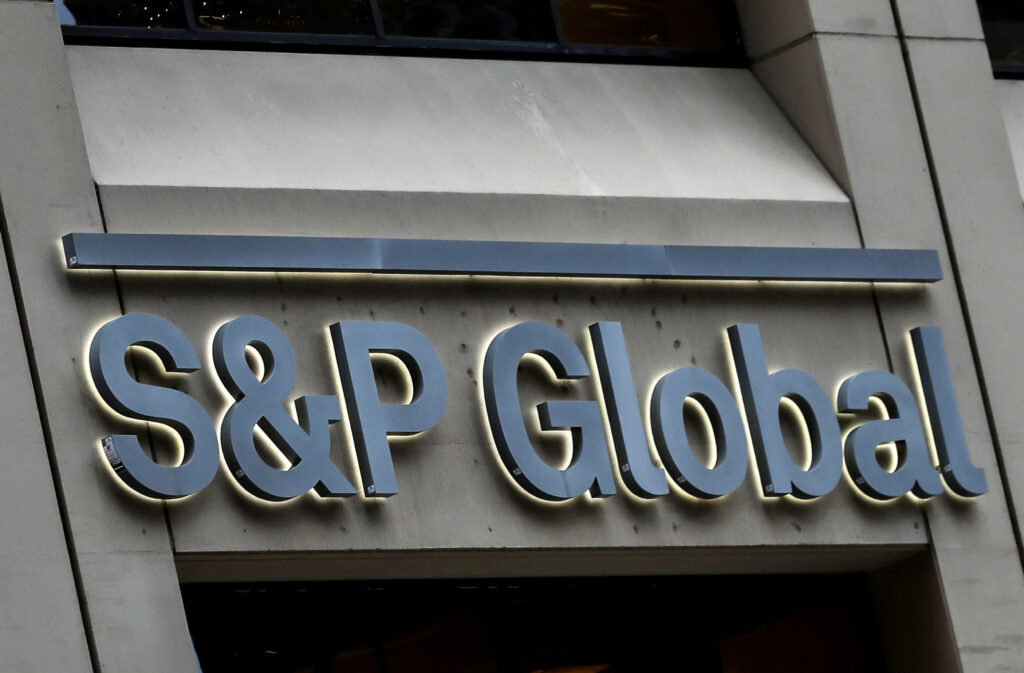Discrimination Case Studies
The following case studies have been anonymised to protect the identities of our clients

Case Study #1
When Lanyards are Used to Segregate Employees by Politics
On Simon’s first day of work, all employees were given company lanyards in the pride colours, signifying support for LGBTQ ideology.
Simon declined to wear the lanyard because of his values. He was then given a black lanyard. The visible difference in Simon’s attire publicly identified him as one who does not support LGBTQ ideology.
Simon’s interactions with new bosses and colleagues became awkward as he was first perceived as a non-supporter of this political cause even before anyone knew his name.
Simon felt that his colleagues had a sour first impression of him which depleted his confidence. His first conversation with one director began this way “Why do you not support LGBTQ rights?” Simon was overwhelmed with anxiety, especially because he felt singled out on his first day in his first job.
Building relationships in the office became difficult for Simon throughout his orientation, which he felt placed him at a disadvantage in his work.
Was Simon discriminated against?
Yes. While wearing different lanyards based on political views does not insult Simon’s values, it causes others to ostracise him based on his values.
TAFEP Guidelines for Workplace Harmony:
“Support for any cause should not lead to bullying, harassment or ostracism at the workplace in any circumstances.”

Case Study #2
Overwhelming Promotion of LGBTQ Ideology Excluded and Silenced Her
Crystal has been working in the same American Multi-National Corporation (MNC) for several years. After a change of management, she has been asked to attend many diversity and bias trainings.
During these trainings, she felt pressured to address people by their preferred gender pronouns. She also sensed that the trainers implied a false dichotomy that she was either accepting of LGBTQ ideology or hateful and bigoted. She was fearful of voicing her disagreement as all her superiors were also present and agreed with the trainers.
The senior management updated their email signatures to include preferred gender pronouns and repeatedly encouraged all employees to do likewise. Since there was no manager who shared her values or who wasn’t promoting this issue, Crystal felt that she would not be understood.
Crystal felt increasingly alienated as the company spent many days celebrating Pride events, attending LGBTQ-affirming trainings and incorporating LGBTQ ideology into its communications.
Crystal felt that her workplace was not truly diverse. To her, it was homogenous and exclusionary.
Was Crystal discriminated against?
Yes. Pressuring employees to disclose and use preferred gender pronouns is a form of discrimination.
TAFEP Guidelines for Workplace Harmony:
“Employers should be sensitive to the diverse cultures, values and beliefs of their employees when developing, promoting or implementing events, programmes and policies that are not related to work.”
Requiring employees to attend non-work-related events that affirm LGBTQ ideology is also a form of discrimination. The trainers who implied that Crystal’s values are hateful are also discriminatory.
TAFEP Guidelines for Workplace Harmony:
“Employees should not be required or pressured to participate in events and programmes that are not related to work. Non-support or non-participation should not affect their employment outcomes.”
There was also no safe environment for Crystal to seek redress for her grievance. Since all of Crystal’s managers were actively promoting LGBTQ ideology, Crystal had no confidence in their impartiality. This allowed discrimination to fester.
TAFEP Guidelines for Workplace Harmony:
“Employers should provide employees with a safe environment to raise their concerns, including through a proper grievance handling process.”







